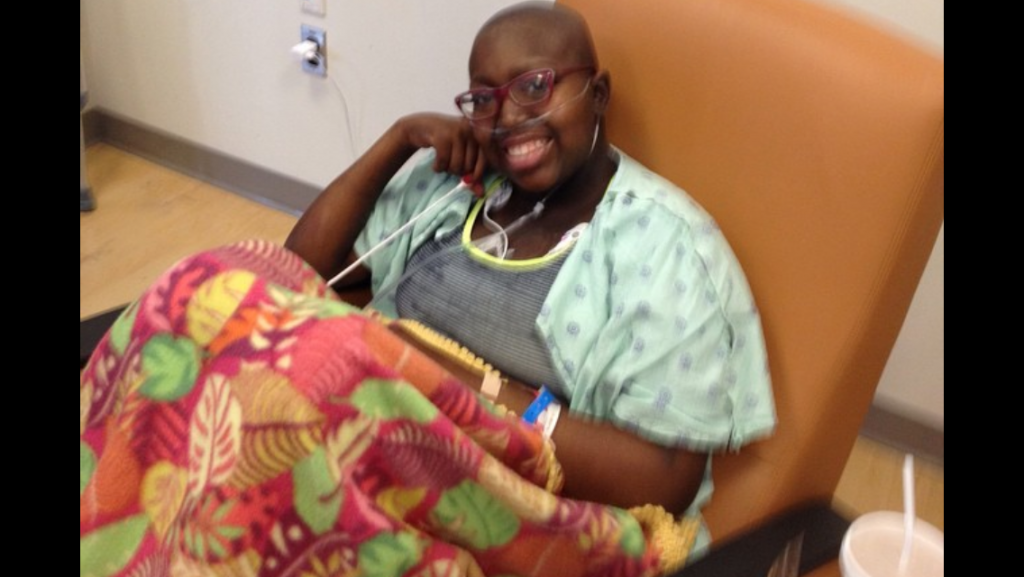Data Collection Won’t be Used to Condemn Homes, Officials Confirm
Howard University students volunteering with the City of New Orleans questioned the purpose of an assignment to collect housing data for the Geographic Information Systems (GIS) department.
“It wasn’t clear,” said Nomi-Kaie Bennett, 20. “They told us that it would help rebuild the community, but they didn’t say what they were going to do with the information.”
About 100 students traveling with Howard’s Alternative Spring Break trip volunteered with the city to collect data from housing opportunity zones. Split into pairs, each team scaled the neighborhood for blighted houses.
Before the students departed, the GIS department manager explained the purpose of the data, but some students weren’t convinced that the city had “good intentions.”
“It seemed like they were trying to make us do their dirty work,” Bennett said. “I can understand that they needed the data to give an overall picture of the neighborhood, but I wanted to know how the owners of the homes were going to benefit.”
Demolition Concerns
As students walked the St. Bernard, Gentilly and Claiborne neighborhoods they were instructed to mark whether houses were gutted; single, double or multiple-family homes; rebuilt; or for sale and to indicate the condition.
Many students thought that the city would use the information to determine which houses to condemn or destroy.
“I came here to make a difference,” Bennett said. “I felt like nothing was accomplished and that we were just wandering around aimlessly. I just can imagine that the people are tired of strangers walking around in their neighborhood creating reports and then nothing gets done with the research.”
To ease students worries, Dean Bernard Richardson of Howard’s Andrew Rankin Memorial Chapel along with two student representatives, met with GIS management. Channing Matthews, 20, one of the student representatives, said that the meeting was needed to clarify and express students’ concerns.
“The meeting was needed because students didn’t know why they were doing what they were doing,” Matthews said. “Especially since New Orleans has had a lot of problems with unauthorized demolition of homes, the students thought that the city was going to use this information to demolish homes.”
Matthews said that after the meeting it was clarified that demolition wasn’t the city’s intention.
“What they were trying to do was to see what could be done in the neighborhoods to help,” Matthews said. “Even though we’re not formally trained, they need something to show the dramatic change in the neighborhoods after Katrina.”
Proof of Hurricane Woes
Michelle M. Thompson, MSF Global Solutions and project manager/GIS analyst, clarified further. She said that data would help to see the potential in the neighborhoods.
“The purpose of this type of activity is to help the city recover,” Thompson said. “It has to deal with creating community and making that community come back to life.”
As New Orleans transitions from “crisis” to “redevelopment” phases, Thompson said that the data would statistically support and help communities make changes.
“You have to collect a lot of information before you start making some policy decisions,” she said. “It’s also going to paint an accurate picture of what’s going on in the community.”
Thompson added that this data would be proof of post-Katrina hurricane woes and add validity to the stories of residents.
“Without this information, it’s like your word against mine,” she said, “and that’s not going to help when you’re looking for funding.”
Sandra Edmonds Crewe, associate dean of Howard’s School of Social Work, said that this data set would have long-term impact on New Orleans.
“Once you move out of crisis mode, you start thinking about what can be done to make a lasting impact,” Crewe said. “This broader work will have a broader reach, and to continue the rebuilding you need data to support what you’re doing and you have to prove it to funding entities.”
The aftermath of Katrina and the slow federal response created distrust between the people and the government. Thompson said that the government must follow laws and that one survey won’t determine whether a house will be condemned.
“Become informed,” she said of students’ inquiries. “Especially when you’re in a city where there was a disaster, there is a lot of distrust. The reality is that there are laws that protect people; the government can’t just walk in and take your home.”
Thompson also said that Howard is an institution that wouldn’t be involved in the “gentrification” of New Orleans.
Upholding Legacy of Social Justice
Crewe said that she is proud of the students for standing up for the social justices of New Orleans residents.
“We are an institution that is founded on social justice,” she said of Howard’s legacy. “So whatever we do, we want to make sure that it is socially just. I’m so proud of the Howard students for raising the social justice questions instead of just following everyone else.”
While some students were satisfied with the explanation, others remained impartial about its purpose. But Thompson said that the data will help in the “rebuilding, rebirth and renewal” of New Orleans.
“This was never intended to be a way to manipulate the community or harm the community in any way,” Thompson said. “You have to have faith and trust in going forward, that as the government we have the best intentions.”
Jamisha Purdy is a junior majoring in print journalism from Miami.



